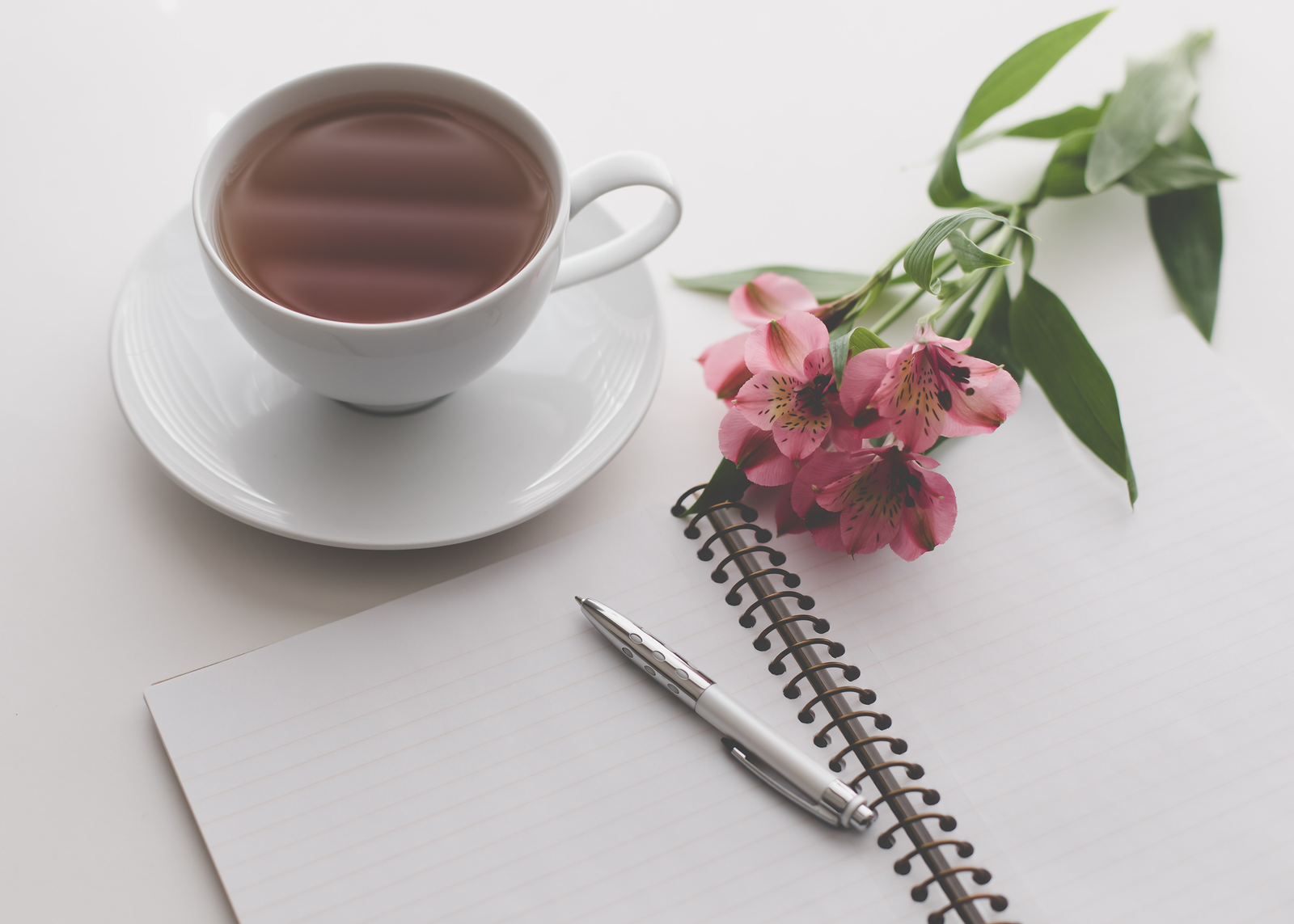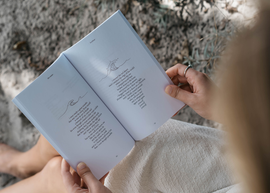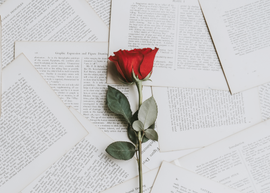One of the most common questions that people ask me is how i write. And more specifically, how I write poetry.
As a creative craft, I do not fully believe in "teaching" how to write poetry. But in this post, I will do my best to share the tips and mindsets that help be, both when the words are overflowing and when I feel stuck.
Poetry is for everyone
I think one of the most common misconceptions about poetry is that it is only for a few selected people. That poets are born and not made. And while I admit that I have always had the urge to write in me, it was not until a certain point in my life that I started writing poetry.
You do not need a fancy degree or to master the english language (or whatever language you are writing in) to write poetry. In fact, sometimes it is a blessing not to write in your native language since it offers a unique touch on your writing. English is not my native language, for example, and I hardly ever write poetry in my mother tongue, danish.
All this to say - no matter who you are or where you are, poetry is for you. You are for poetry. All you need to have is something to say.
1. Poetry does not have to be perfect
My first tip - or reminder - is this: What you write down does not have to be perfect. It just has to be there.
Number one mistake that I make when writing is that I expect everything to be good when I put it down on paper. It most often is not - far from it - and expecting your poetry to be excellent in the first try is a sure way of blocking yourself from ever writing anything at all.
I think this comes from the mistake of thinking the reader into the equation too soon. Write for yourself first and write as if you are never going to share it. Most of what I write is never shared with anyone: But I have to get started and get the words flowing for the good stuff to come out.
2. Experiment with your setting
My writing is heavily influenced by the surroundings that I am and the medium that I am working with. Imagine the difference between sitting in a library, writing on your computer, and then sitting in a garden with a blank notebook and a pen.
I guess that this may differ from person to person. Maybe you feel like you write the same, no matter where you are and what you are writing with or on.
But if I feel stuck or uninspired, changing either my setting or my medium (or both) works wonders. If you are still starting out with writing, try different writing softwares on your computer, try writing in hand or, if you like it a little extra, buy a typewriter and go the old-fashioned way.
In the same way, write in different places. Try at home, in a plane, at the library, in a park, on the city of a busy street or whatever else you can think of. I tend to do my best writing (and thinking) in a train, in a small café or somewhere outside close to nature.
3. Explore different styles
What is poetry really? Or put in another way - what is poetry not?
Poetry is such a broad term and there is a million ways to create poetry. Some poems are short, others are long - some poems rhyme, some others. Experiment with different styles until you find what suits you. Some common things to start with could be free writing or haikus.
If you search for it online, you can find plenty of poetry and writing prompts to get you started.
Or, if it feels easier to you, start off by writing down what you felt at a certain moment, maybe about a recent memory or experience you had, and explore why.
4. Just write - and edit later
When it comes to writing, it is important to focus on the process - and not the results. Especially when it comes to poetry.
Don't force it or try to be brilliant. Just write, let it flow and come back to edit later. There's this quote by Louis L'Amour:
"Start writing, no matter what.
The water does not flow until the fauncet is turned on"
Find similar articles
poetry


